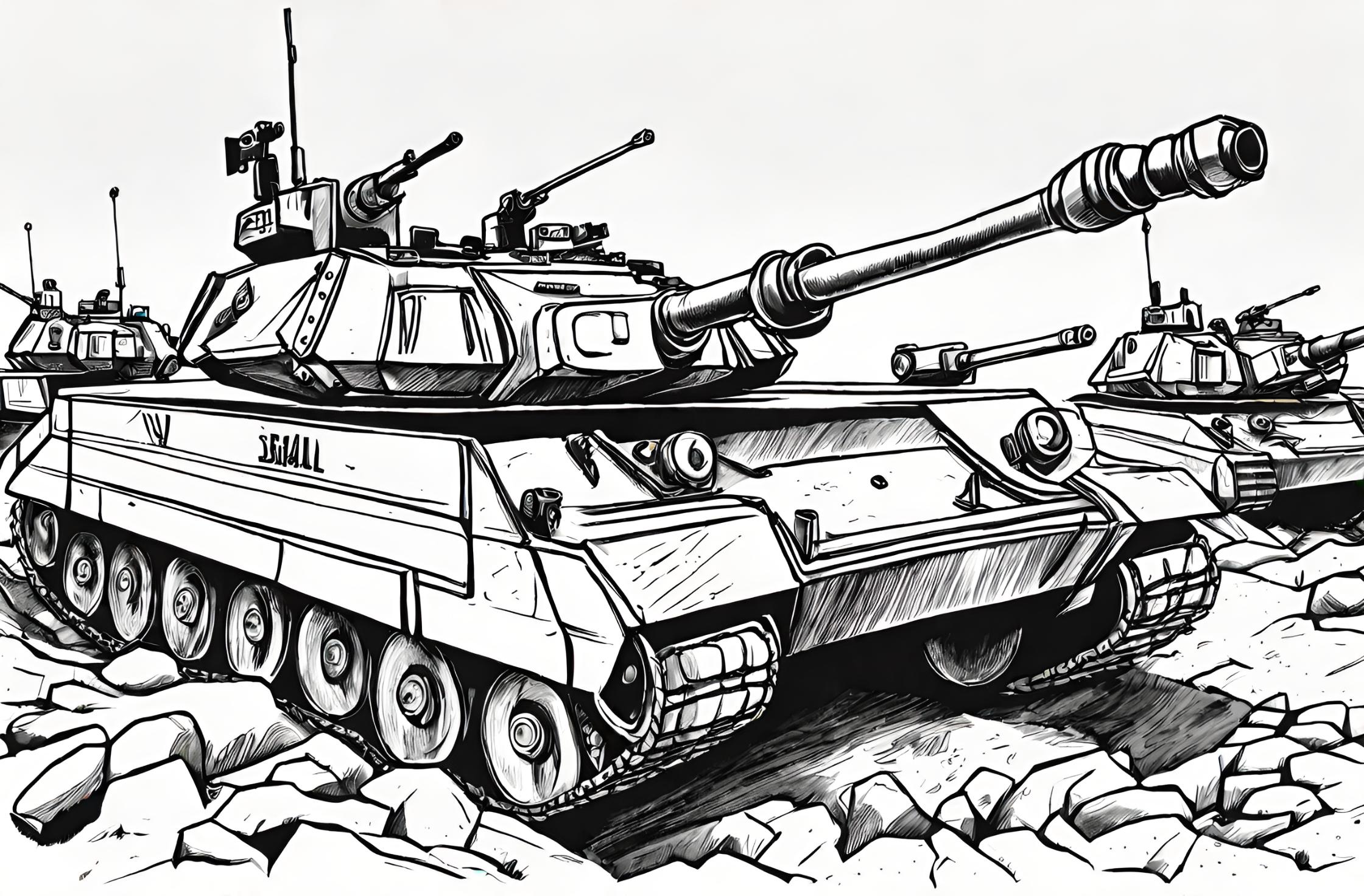Flashback to January 3
World History

1989
The first free elections for the Soviet parliament go against the Communist Party; Boris Yeltsin wins.
Read moreOn March 27, 1989, a historic event took place in the Soviet Union – the first free elections for the Soviet parliament, which went against the Communist Party and resulted in Boris Yeltsin winning. This event marked a significant turning point in the political landscape of the Soviet Union and set the stage for the eventual collapse of the Communist regime.
The Soviet Union was known for its Communist Party, which had maintained a tight grip on power for decades. However, by the late 1980s, the country was facing numerous economic and political challenges, and the Communist Party’s influence was waning. As a result, the Soviet leadership, led by General Secretary Mikhail Gorbachev, initiated a series of reforms known as perestroika and glasnost, aimed at opening up the political system and allowing for more political competition.
The first free elections for the Soviet parliament, officially called the Congress of People’s Deputies of the Soviet Union, were held on March 26-27, 1989. These elections were a departure from the previous system where the Communist Party controlled all aspects of the political process and offered voters a limited choice of candidates.
For the first time, multiple political parties were allowed to participate in the elections, providing voters with a wider range of options. This newfound political freedom stirred excitement and hope among many Soviet citizens, who saw it as an opportunity for change and reform.
One of the prominent figures to emerge during this period was Boris Yeltsin. Yeltsin, a former Communist Party official and the former mayor of Moscow, represented a more liberal and reformist faction within the party. He quickly gained popularity as a charismatic and outspoken leader, criticizing the status quo and advocating for greater democracy and openness.
With his fiery rhetoric and appeals to the Soviet people, Yeltsin managed to capture the imagination of many voters. His campaign speeches resonated with disgruntled citizens who were disillusioned with the Communist Party, promising a new era of democracy, freedom, and prosperity.
When the results of the elections were announced, it became evident that the Soviet people had indeed voted for change. The Communist Party suffered a major blow, losing many seats in the parliament, while Yeltsin and his supporters triumphed. This outcome sent shockwaves throughout the country and reflected the growing discontent with the Communist regime.
Yeltsin’s victory marked a significant shift in power dynamics within the Soviet Union. As a leader who advocated for more radical reforms, he used this newfound platform to challenge the authority of the Communist Party and push for further democratization. Through his activism inside and outside the parliament, Yeltsin became a strong voice for change and set the stage for the eventual dissolution of the Soviet Union.
The first free elections for the Soviet parliament in 1989 were a crucial step towards democracy and marked a clear decline in the influence of the Communist Party. Boris Yeltsin’s victory symbolized the growing demand for reform and laid the groundwork for the political transformations that followed in the years to come.
the first free elections for the Soviet parliament on March 27, 1989, represented a significant turning point in Soviet history. The defeat of the Communist Party and Boris Yeltsin’s victory highlighted the growing desire for change and signaled the beginning of the end for the Soviet Union. These elections marked a crucial step towards greater democracy and set the stage for the political transformations that followed, ultimately leading to the collapse of the Communist regime.
We strive for accuracy. If you see something that doesn't look right, click here to contact us!
Sponsored Content

Israel launches a ground…
In a significant development,…

British forces assault the…
During the historic event…

At Wandsworth Prison in…
On January 3, 1946,…

Burma accepts its constitution.
On January 3, 1974,…

Tax revolt in Haarlem…
Discover the historic tax…

Willem F R÷ell Dutch…
Willem F R÷ell, Dutch…

